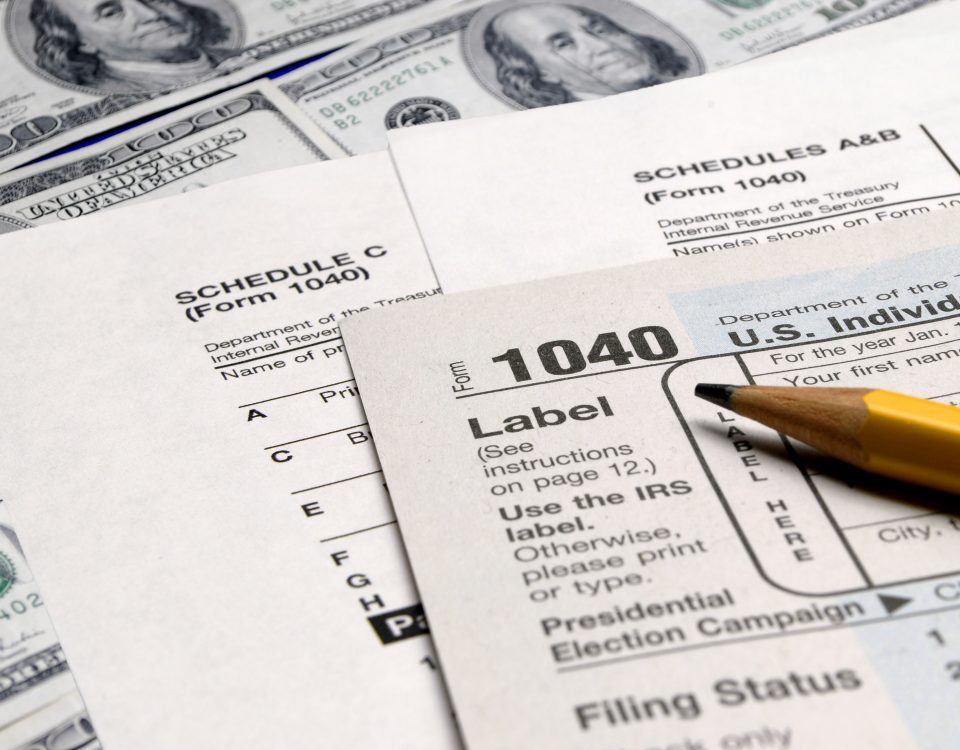Reasons for Certified Mail from IRS - Top 5 - Ex-IRS Tax Blog
IRS Certified Mail: What are the reasons for certified mail from the IRS?
The reasons for certified mail from the IRS are because the mailing starts the clock ticking on when important action by the IRS may be commenced, usually after a taxpayer's appeal right has lapsed, and the IRS wants the certainty-of-proof a certified mail receipt offers. These same certified letters from the IRS are sometimes statutorily required to be sent by certified mail (or registered mail) to advise you of your rights. For the IRS's purposes, it typically will not matter that you don't sign for the mail (proof of delivery to your "last known address" will be enough - see Footnote 1 below). To help you understand what is inside the envelope, the below are the top 5 reasons, explained by an ex-IRS lawyer.The Top 5 Reasons for Certified Mail from the IRS
Reason 1. An IRS Notice of Deficiency Was Mailed to You.
You were audited and the IRS mailed you a certified letter which is known as a notice of deficiency. The reason this IRS notice is certified is because the IRS must wait 90 days from the date of its mailing (150 days if you reside outside the U.S.) to assess the additional tax the IRS says you should owe. If you think the IRS is wrong, you must file a petition to Tax Court (not the same address as the IRS!) to contest the notice before the expiration of the 90th day. It is advisable to send the petition by certified mail for proof and tracking.Reason 2. An IRS Notice of the Filing of a Federal Tax Lien Was Sent to You.
You owe tax to the IRS after an audit, a penalty assessment, or a tax return with a balance due was filed. The IRS has already filed the lien if you have received this letter. The reason this IRS notice is certified is because the IRS is statutorily required to give you notice in person or by certified mail 5 days from the date of its filing. If you think the IRS is wrong, the notice also limits your time to protest to the date stated on the notice (which will not be less than 35 days from the date of the lien filing) by filing a request for a collection due process hearing. It is advisable to send the collection due process hearing by certified mail for proof.Reason 3. An IRS Notice of Intent to Levy Was Sent to You by Certified Mail.
As with the lien notice, you owe tax to the IRS after an audit, a penalty assessment, or a tax return with a balance due was filed. Different from the lien notice, however, the IRS has not yet issued a levy for the year at issue at the time this certified mail was sent. The IRS sends two types of levy notices by certified mail, a CP504 (which principally allows refunds to be seized) and the LT11, which is the final notice of intent to levy. The reason for the IRS certified mail is because the IRS is statutorily required to give you notice 30 days before serving an actual levy on a bank, your clients, or your wages. If you think the IRS is wrong, the notice also limits your time to protest to by filing a request for a collection due process hearing to 30 days from the date it was mailed. It is advisable to certified mail the collection due process hearing to the address stated by the notice. You know the reason.Reason 4. The IRS Mailed You a Notice of Determination Concerning Collection Action.
You filed a protest of the above-discussed lien or levy notices (good job!) and the IRS Office of Appeals has finished their collection due process hearing and is sending you its determination. The reason for this certified letter from the IRS is because the IRS is statutorily required to give you 30 days to protest this determination by filing a petition to Tax Court, after which the IRS can resume enforced collections if no Tax Court petition is filed. It is advisable to certified mail the Tax Court petition to the U.S. Tax Court (not same address as the IRS!) as proof (and to track it).Reason 5. The IRS Mailed You a Notice of Determination Regarding a Request for Innocent Spouse Relief.
You filed a request for innocent spouse relief with the IRS and either didn't protest the preliminary determination (which gives 30 days to administratively appeal) or administratively appealed. The IRS then issued a notice of determination by certified mail. The reason the IRS certified mails this determination letter is because the IRS is statutorily required to send it by registered or certified mail and, after the date of mailing, you have 90 days to protest this determination by filing a petition to Tax Court, after which the IRS can resume enforced collections if no Tax Court petition is filed. It is advisable to certified mail the Tax Court petition to the U.S. Tax Court (not same address as the IRS!) as proof (and to track it). That's your Top 5 Reasons for Certified Mail from IRS. This list is non-exclusive, so the best practice is to open your IRS certified mail as soon as you receive it, look hard for any deadlines, and consult with a tax professional if you don't see the deadline. Regardless of whether the IRS letter is good news or bad, it should not be ignored. FN1. See Treasury Regulation 301.6212-2 and this article from the IRS Taxpayer Advocate for more on last known address. The IRS will clearly need to use a new address provided to them in a change of address form or on your last tax return. Other types of notice of a taxpayer's last known address are heavily litigated by the IRS. Updated on 06/23/2021 by Daniel Layton.
Ex-IRS Lawyer Daniel Layton Discusses the Reasons for Certified Mail from the IRS


